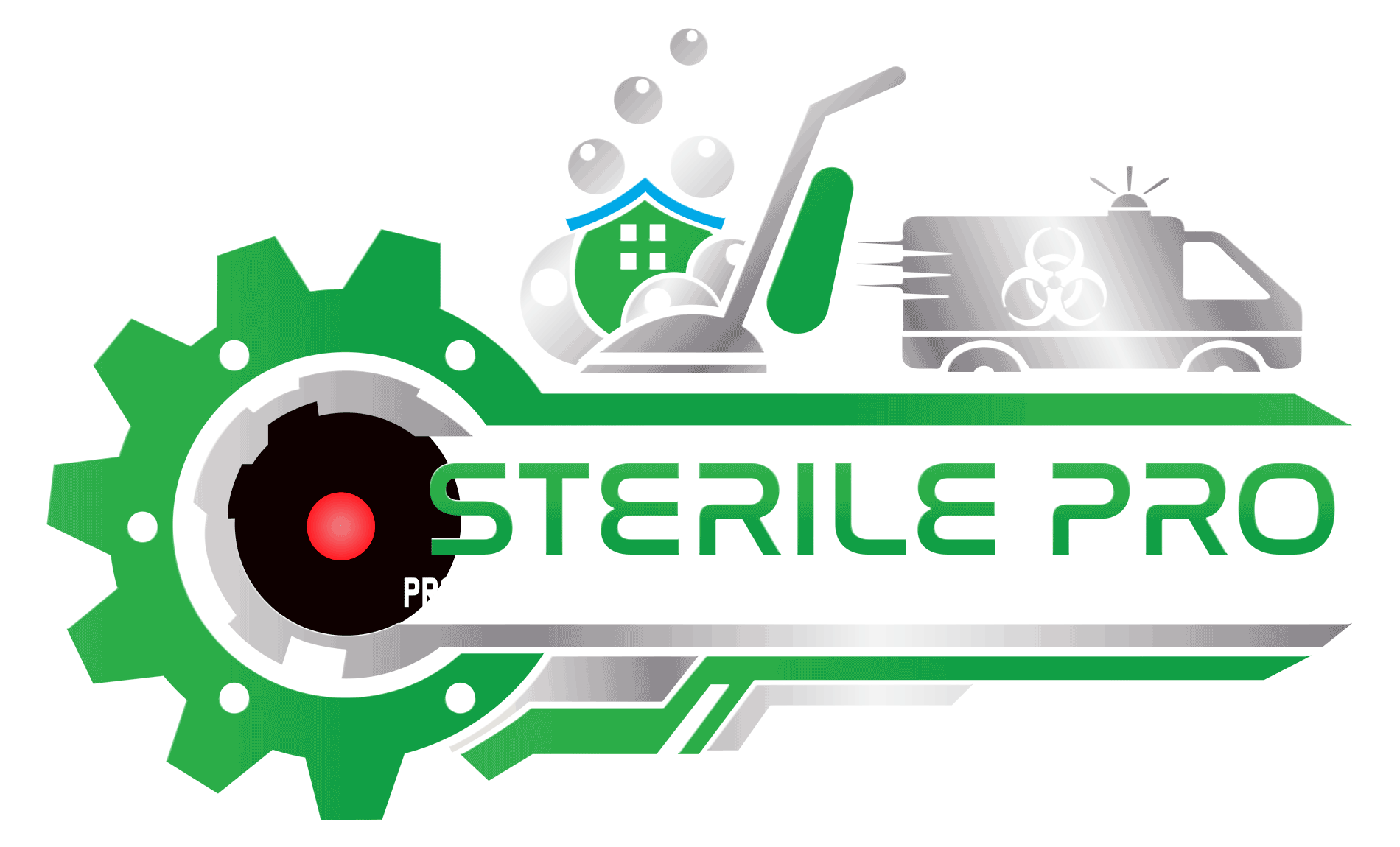Common Challenges Faced by sanitation franchise business

Running a sanitation franchise business presents a unique set of challenges that require strategic planning and proactive management to overcome. These challenges span various aspects of operations, marketing, and customer relations, influencing the overall success and growth of the franchise. Understanding these common hurdles is crucial for franchise owners and managers aiming to navigate and thrive in this competitive industry.
One of the primary challenges faced by sanitation franchise businesses is maintaining consistently high standards of cleanliness and sanitation. With stringent regulations and customer expectations, ensuring that every service meets or exceeds these standards can be demanding. This challenge is exacerbated by the need to manage operational costs effectively while delivering quality services, which requires efficient scheduling, training, and supervision of staff.
Another significant hurdle lies in differentiating the franchise from competitors. In a crowded market, establishing a unique value proposition and effectively communicating it to potential customers is essential. This involves not only branding and marketing efforts but also consistently delivering exceptional service that fosters customer loyalty and positive word-of-mouth.
Financial management poses another critical challenge. Balancing cash flow, managing expenses, and planning for growth while adhering to franchise fees and royalty payments requires careful budgeting and financial planning. Economic fluctuations and unexpected costs can further complicate financial stability, making it crucial for franchise owners to maintain robust financial strategies and contingency plans.
Moreover, staffing and employee management present ongoing challenges. Recruiting reliable staff, training them to uphold brand standards, and retaining talented employees are critical for service consistency and customer satisfaction. Issues such as turnover, training costs, and maintaining employee morale add complexity to workforce management.
Lastly, adapting to technological advancements and industry trends is vital for staying competitive. Embracing innovations in sanitation practices, equipment, and digital marketing can enhance operational efficiency and customer engagement. However, integrating new technologies requires investments in training and infrastructure, which can be challenging for some franchise operations.
Successfully addressing these challenges requires a combination of industry knowledge, strategic planning, and operational agility. By proactively identifying and tackling these hurdles, sanitation franchise businesses can position themselves for sustained growth and profitability in a dynamic market landscape.
To proceed with a comprehensive article on challenges faced by sanitation franchise businesses, I’ll structure it into distinct sections with appropriate headlines for clarity and navigation. Each section will delve deeper into specific challenges and provide insights on how franchise owners can effectively manage them to ensure long-term success.
Meeting Regulatory Standards and Maintaining Consistency
Operating a sanitation franchise involves adhering to strict regulatory standards and maintaining consistent service quality. Regulatory compliance is non-negotiable in the sanitation industry, where health and safety regulations govern every aspect of operations. Franchise owners must navigate through these regulations effectively to avoid penalties and maintain a positive reputation. Moreover, ensuring that every service meets the franchise’s high standards requires meticulous training, supervision, and quality control measures. This section explores how franchise businesses can achieve and sustain regulatory compliance while delivering consistent, high-quality services.
Differentiation in a Competitive Market
Standing out in a competitive market is crucial for sanitation franchise businesses aiming to attract and retain customers. Differentiating the franchise from competitors involves more than just offering basic cleaning services—it requires a compelling value proposition that resonates with target audiences. This section discusses strategies for effective branding, marketing, and customer engagement that can help franchise businesses carve out a distinctive niche in the market.
Effective Financial Management and Budgeting
Financial management is a cornerstone of success for any franchise business, including sanitation services. This section examines the financial challenges unique to sanitation franchises, such as managing operational costs, handling franchise fees and royalties, and planning for sustainable growth. Effective budgeting strategies, cash flow management techniques, and financial forecasting are essential topics to explore, offering practical insights for franchise owners to maintain financial stability and profitability.
Staffing and Employee Management Strategies
Recruiting, training, and retaining skilled employees are critical challenges for sanitation franchise businesses. This section addresses the complexities of staffing, including strategies for attracting qualified candidates, implementing effective training programs, and fostering a positive work environment to reduce turnover rates. Moreover, managing diverse teams and ensuring consistent service delivery across all employees are key considerations for franchise owners striving to build a reliable workforce.
Adapting to Technological Advancements
Technological innovations play a pivotal role in enhancing operational efficiency and customer satisfaction within sanitation franchises. This section explores emerging technologies and digital solutions that can streamline service delivery, improve communication with customers, and optimize internal processes. Integrating these technologies requires investment in training and infrastructure, but can yield significant long-term benefits for franchise businesses looking to stay ahead in a rapidly evolving industry.
Before concluding, it’s crucial to underscore the dynamic nature of the sanitation franchise industry and the ongoing evolution of challenges and opportunities it presents. As regulatory standards evolve and customer expectations continue to rise, franchise owners must remain agile and adaptable. Embracing innovation, whether through advanced cleaning technologies or enhanced customer engagement strategies, will be pivotal in staying competitive and meeting the diverse needs of clients across different sectors.
Moreover, fostering a culture of continuous improvement within franchise operations is essential. This includes investing in ongoing training programs for staff, implementing feedback mechanisms to enhance service delivery, and staying abreast of industry trends. By proactively addressing these challenges and capitalizing on emerging opportunities, sanitation franchise businesses can not only survive but thrive in a competitive marketplace, setting benchmarks for excellence and sustainability in sanitation services.
Conclusion
Navigating the challenges faced by sanitation franchise businesses demands a proactive approach, strategic planning, and a commitment to continuous improvement. By addressing regulatory compliance, differentiation strategies, financial management, staffing concerns, and technological advancements, franchise owners can position their businesses for sustained growth and success. Embracing these challenges as opportunities for innovation and improvement is key to thriving in a competitive market landscape. As sanitation services remain essential across various sectors, franchise businesses that effectively manage these challenges will not only meet but exceed customer expectations, ensuring long-term profitability and industry leadership.
“For more information please click on this link“



